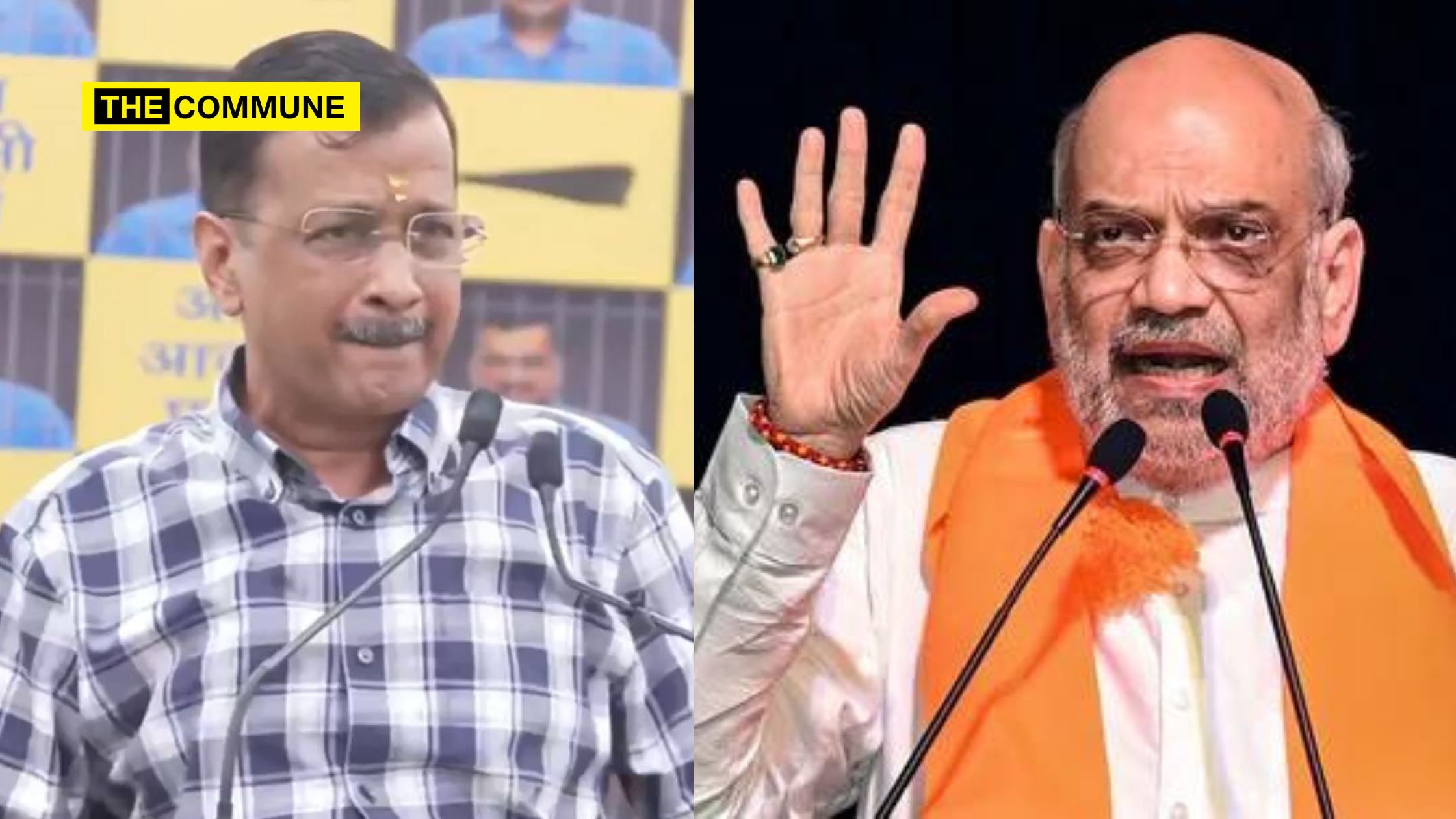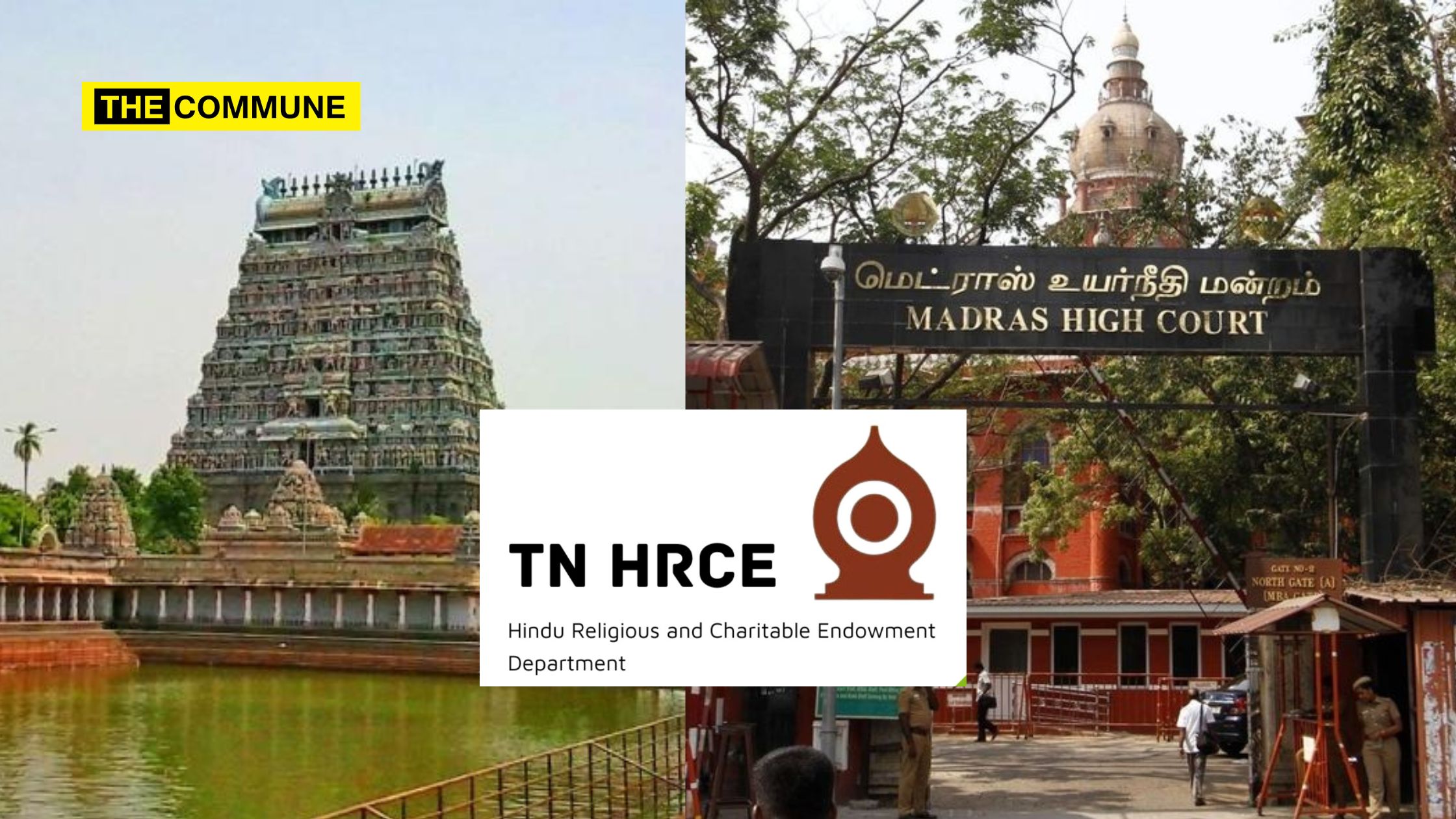
The recent developments surrounding Arvind Kejriwal, the leader of the Aam Aadmi Party (AAP), have stirred up considerable discussion on social media. On 10 May 2024, the Supreme Court provided Kejriwal with temporary relief by granting him interim bail until 1 June 2024 in a case related to excise policy scam. This decision has sparked a flurry of reactions, with supporters and critics voicing their opinions.
A bench consisting of Justices Sanjiv Khanna and Dipankar Dutta extended interim bail to the Delhi Chief Minister in a money laundering case initiated by the Directorate of Enforcement (ED). Interestingly, despite the ED’s opposition to granting interim bail to Kejriwal, the Supreme Court imposed relatively lenient conditions on his bail. These conditions include restrictions on his access to the Chief Minister’s office and the Delhi secretariat, except in cases where his signature is essential for obtaining approval from the Lieutenant Governor of Delhi.
The timeline of events leading to this situation is notable. Starting from October 2023, when the ED issued its first summons to Kejriwal, to the subsequent summons and legal actions taken by the ED against him, including complaints filed and summonses issued by magisterial courts, each step has been tactfully evaded. Even after Kejriwal’s arrest by the ED, followed by his petition challenging the arrest in the Delhi High Court, which was subsequently dismissed. Kejriwal then appealed to the Supreme Court against the Delhi HC order. The Supreme Court, while questioning the timing of Kejriwal’s arrest, refrained from providing immediate relief but issued a notice to the ED. Subsequently, as the elections approached, the Supreme Court indicated a possibility of granting interim bail to Kejriwal, acknowledging the significance of his involvement in the electoral process, leading to granting interim bail to accused in custody for campaigning purposes was a first instance.
Overall, the legal proceedings and the Supreme Court’s involvement in Kejriwal’s case have generated considerable interest and debate, underscoring the complexities of the Indian political and legal landscape bacause the recent legal proceedings involving Arvind Kejriwal, are distinct from those concerning the current Home Minister and BJP leader, Amit Shah in 2010.
When Amit Shah Was Banished From Gujarat
On 30 October 2010, the Supreme Court issued a directive to Amit Shah, a former Gujarat minister, requiring him to depart from Gujarat by the following morning, opined that Shah could potentially tamper with evidence. However, despite this instruction, the Court did not revoke his bail, and a hearing regarding this matter was scheduled for 15 November 2010.
This unusual decision was made during a special session held at Justice Aftab Alam’s residence, in response to a plea by the Central Bureau of Investigation (CBI) seeking the annulment of Shah’s bail, which had been granted by the Gujarat High Court the previous day in connection with the Sohrabuddin Sheikh fake encounter case. The Bench, which also included Justice R M Lodha, ordered Shah to vacate the state by the next morning and remain outside its jurisdiction until further notice. The case was adjourned for further consideration on 15 November 2024. He lived in exile, for a span of two years until 2012.
In both instances, an interesting comparison emerges: while Arvind Kejriwal, the AAP leader, skillfully avoided arrest using various legal maneuvers, ultimately securing bail due to the proximity of elections, despite opposition from the ED citing evidence, in contrast, Amit Shah complied with all legal proceedings and directives but spent two years in exile.
Subscribe to our channels on Telegram, WhatsApp, and Instagram and get the best stories of the day delivered to you personally.




